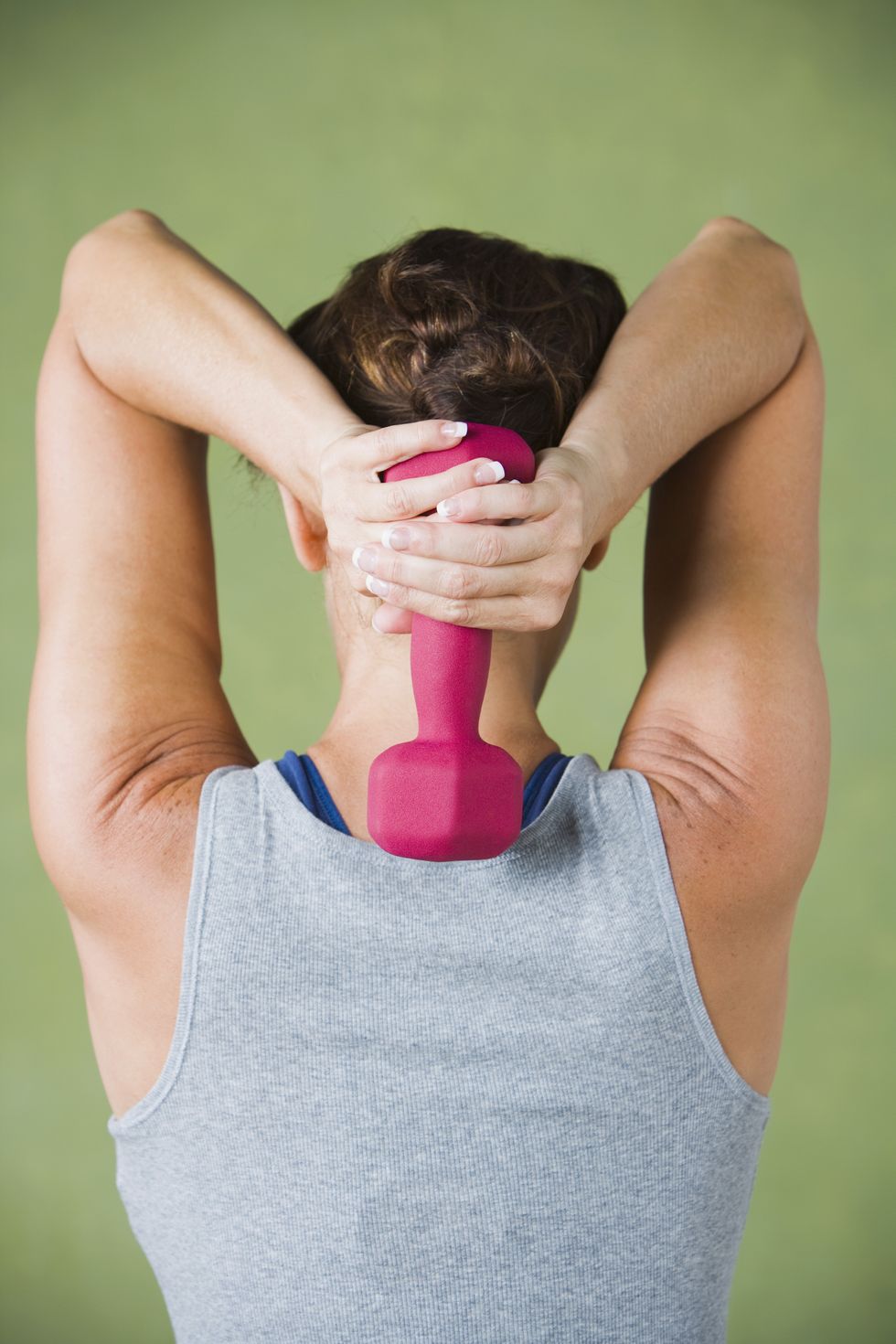Low-intensity exercise is great during menopause
GETTY
Low-impact exercises can speed up fat burning and are particularly good for those experiencing menopausal symptoms
Don't Miss
Most Read
Trending on GB News
Perimenopause prompts lots of changes in the body and many women will gain weight during this time of their life.
However, introducing regular, gentle exercise could be one of the best ways to burn fat around menopause, according to an expert.
Speaking exclusively to GB News, Tori Hartline D.C., M.S. explained workouts such as walking, stretching and yoga help the body to tap into fat-burning modes. She explained moving after a meal could be the best time to do this for menopausal women.
The expert said: "Staying physically active offers numerous health benefits, including fat burning, stress reduction, inflammation reduction, blood sugar regulation, and improvement in physical fitness and mood.

Yoga can help burn fat
GETTY"Low-impact, aerobic exercise is best for women experiencing menopausal symptoms. Exercise intensity is classified into heart rate zones 1 to 5, with aerobic exercise falling within zones 1, 2, and 3 (50-85 per cent of maximum heart rate).
"Examples include walking, yoga or gentle weight training. Monitoring heart rate during exercise with a heart rate monitor is recommended for accuracy.
"Aerobic exercise utilises fat as the primary fuel source, making walking an effective means of fat burning and aiding weight loss."
Not only does aerobic exercise help with weight loss and fat-burning, but it also promotes overall health by "reducing stress-related activity in the sympathetic nervous system".
Tori added: "Studies have shown that just 30 minutes of aerobic exercise can significantly reduce stress-related brain activity, thereby helping to alleviate stress and regulate the nervous system.
"Furthermore, aerobic exercise, such as walking, reduces inflammation by modulating the hypothalamic-pituitary-adrenal (HPA) axis, which controls cortisol production.
"Lower cortisol levels lead to decreased systemic inflammation, which is a key contributor to various modern diseases."
The expert suggested gentle movement immediately after eating meals can also help manage blood sugar, which is particularly important during menopause.
She explained: "Movement after meals helps to minimise blood sugar spikes and maintain stable insulin levels.
LATEST DEVELOPMENTS

The expert recommended gentle weight training
GETTY
"As little as two minutes of activity can impact blood sugar levels, thus preventing mid-day crashes and reducing the need for afternoon sugar or caffeine intake.
"Additionally, balanced blood sugar is key for hormone regulation during menopause; therefore, diets high in carbohydrates that cause sharp spikes and crashes in blood sugar levels should be avoided.
"These lead to inflammation, insulin resistance, and a cascade of negative health impacts, such as hormone dysregulation in women.
"In contrast, well-balanced meals that include carbohydrates, protein and healthy fats slow down digestion, helping to maintain hormone levels."








